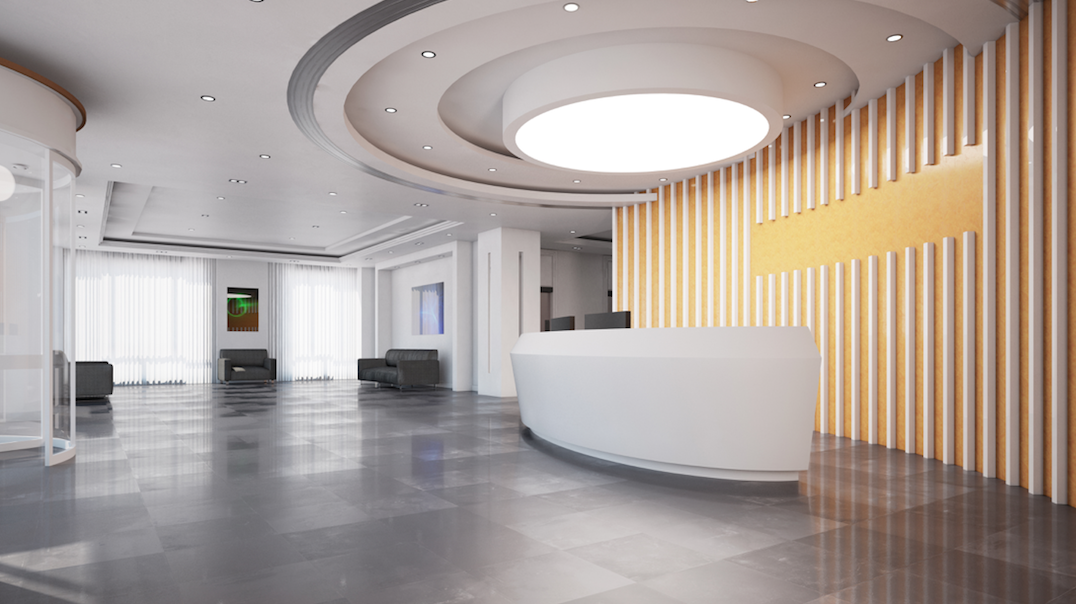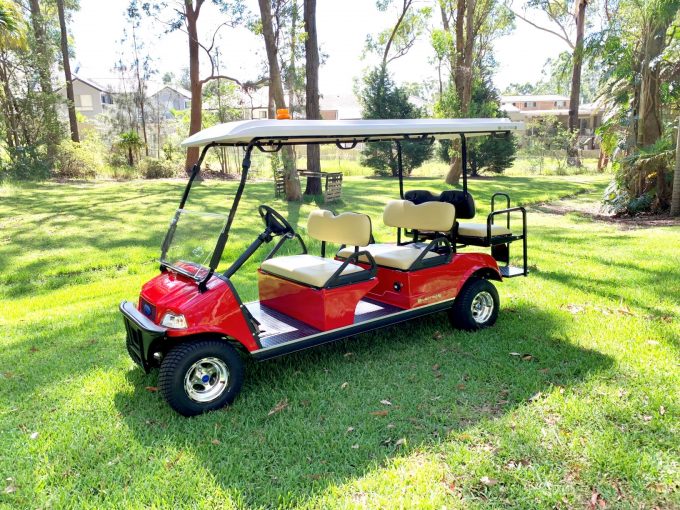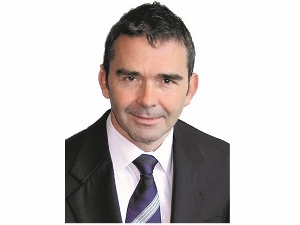
Use new technology to deliver authentic hospitality
It has come to pass that the number of phone calls made has declined, and at most hotels the job of PBX Operator has been folded into the front desk. Guests now receive personal calls directly on their mobile phones, and hotel websites answer most basic questions that guests used to call about such as directions or transportation. In the meantime, the number of reservations booked online has increased while voice reservations have declined.
Most recently, however, the decline in phone calls as levelled off, and for a few hotels, even reversed. One reason is that multi-taskers have figured out that using the ‘click-to-call’ feature is easier than trying to book on a smartphone. Other callers surmise they get a lower rate by calling directly. Still others have read conflicting online guest reviews and want to speak directly with someone one-site.
Likewise, the demise of the front desk has yet to happen. Time and time again major brands have installed check-in kiosks in their lobbies only to see minimal usage. While there are a few early adapters, it seems so far the only way to encourage significant usage is to have an employee literally walk the guest over to the machine, defeating the purpose.
Now the latest initiative was launched two or three years ago, when Hilton announced smartphone check-in. It will be interesting to see how quickly guests adapt to this technology, especially once the novelty of trying it out wears off.
It is true that a few hotels have completely done away with the front desk. Last year I read an article written by an executive of a hotel technology company stating that in his opinion no one really likes the front desk anyway, and that it would soon go the way of the dinosaurs. In the article he touted the successes of several hotels that automated check-in and entirely eliminated the front desk.
I decided to check out online reviews at TripAdvisor for these hotels by name, finding this posting: “The only disappointment was that there appeared to be no reception staff – the only person available to hear our story of how we spent our honeymoon in that hotel and how special it had been for us was the bellboy, who, to be honest, was not in the least interested. Somehow, I had imagined that the staff would have been interested in a honeymoon couple not only still together after 20 years, but would wish to celebrate it with us. Instead we had a drink at the outside bar with a bartender who was likewise uninterested. Sad reflections on what had been a fabulous honeymoon.”
On the other hand, this time last year I was traveling to New York City with my daughter, a high school senior, to look at colleges. While checking in at front desk of the Marriott Marquis in Times Square, a hospitality superstar named Greg asked “What brings you two to The City?” When I shared our plans, he acknowledged how special this visit was and shared how he hoped that one day he and his 8 year old daughter would take such a trip. “It goes quickly, eh Mr. Kennedy?” he said. “Yes it does Greg, yes it does,” I replied. The authentic, emotional engagement us two fathers shared for that brief moment can never be replicated by a machine nor by an app.
Interestingly, technology based companies such as Airbnb have used technology not to replace human interaction, but to instead facilitate it. While you cannot call your host by phone, you can be certain they will engage you via personalised (not just automated) pre-arrival texts that come through via the platform. One of AirBnB’s most recent initiatives focused on training their hosts to help guests enjoy genuine, authentic local experiences, while their latest advertising slogan became “Don’t just stay there, live there…”.
As for room reservations, hotel brands launch initiatives to win back market share from OTAs, telling guests not to click around and to visit brand.com for the best rates. Yet when you call the call centres of an increasing number of brands, your call is answered by a voice recognition system, perhaps a first cousin of Siri, Cortana and Alexa, who finds out your destination and dates then passes you directly to an agent who laundry-lists the same rates displayed online. Those who call these days have specific and pointed questions, due to conflicting online reviews, yet most major branded call centre agents tell you right away they don’t know because they are not the hotel. For callers who say “Okay, I see that same rate online…. ah… (long pause…) okay, thanks!” there is little or no effort to get you to book directly.
If they want more direct bookings, hoteliers should be training agents to engage callers with a personalised, conversational sales style which not only helps them convert, but also provides a positive first impression to kick-off an overall good experience, likely resulting in a positive online guest review.
As to in-house guests, many boutique hotels I have stayed at offer nifty in-room technology. Although I’m certainly not young enough to be of the Millennial Generation, I am a pretty techno-savvy consumer, as are many guests my age and older. Indeed, I have found it to be a novelty to use an in-room iPad or a smart TV to order room service. I can also tell you that I have had a disproportionate number of my orders lost, mis-interpreted or otherwise messed up to the point that I have returned to calling in my order. From what I see, the iPads often do not work due to charging stations being broken. Even though I own a smart TV at home, I find the ones in the rooms always confusing. Frankly I have better things to do than to figure all this out and it does not seem to be worth the trouble.
Technology will certainly continue to evolve. A word of caution though my hotelier friends – if hotels continue to copy one another’s latest offerings; if we push more and more guests to talking to Siri’s cousin; if we all have responsive websites built by the providers, populated with similarly stylised, photo-shopped images; if guest room and lobby designers continue to copy each other; and if we all sell our rooms via the same OTA channels, we can be assured that hotel rooms will soon become nothing more than a commodity much like an airline seat or a rental car.
When the hotels all look the same, when guest touch-points are automated, when pricing is transparent and in parity across channels – confirmed by Trivago or Kayak, when automated revenue management systems price all rooms the same, guests will no longer even remember who they stayed with. Perhaps hotel owners themselves will wonder “Why do we need a brand anymore?”

The future is yours, hoteliers. You can use technology with the thinly veiled purpose of ‘enhancing guest experiences’ when the underlying motivation is to cut staffing and reduce costs, or you can embrace technology to better connect with guests. Up to now that is messaging guests via apps, but with the new era of video calls and video emails, you can now use technology to enhance genuine, authentic human connections. The potential goes far beyond knowing from a CRM system that I prefer diet soda and ice cream as a welcome gift rather than a bottle of wine, or a feather over foam pillows. Why is it that no hotel I know of engages guests through live video chat from their website? Amazon is already doing this with their ‘Mayday’ live video customer service calls; Hertz’s ExpressRent kiosks enable you to have a video chat with a live agent.
Why are we not already sending video emails to guests prior to arrival? Why don’t hotels respond to sales and catering inquiries with video email instead of just emailing back the same responses as the comp-set is sending? Imagine the reaction if your hotel’s catering sales manager on a Saturday night shoots over a video email of a wedding set-up to a bride-to-be who is looking to book for next year. Imagine the meeting planner who sent out an inquiry to 15 hotels via Cvent receiving back from your hotel salesperson a video email of them in front of a panel TV image showing the logo and colour scheme of the company who is inquiring. This can all be done right now in 2017. For hoteliers of the right mindset, there are already opportunities to use emerging technologies for ever more personalised, authentic guest engagement.
Doug Kennedy is president of the Kennedy Training Network. Doug’s articles are originally published in www.HotelNewsNow.com” and AccomNews shares them with permission.
Doug is a leading provider of hotel sales, guest service, reservations, and front desk training programs and telephone mystery shopping services for the lodging and hospitality industry. He continues to be a fixture on the industry’s conference circuit for hotel companies, brands and associations. Since 1996, Doug’s monthly training articles have been published worldwide, making him one of the most widely read hospitality industry authorities.






